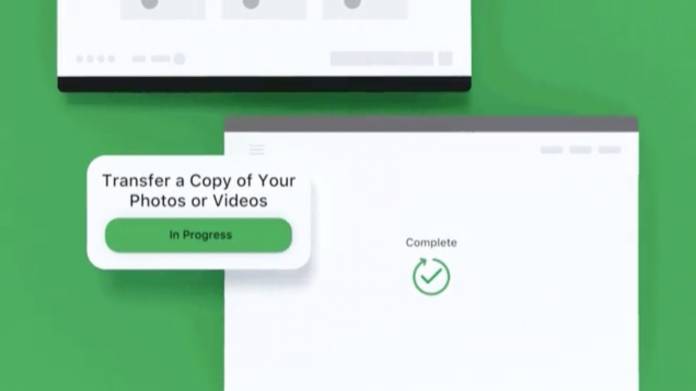
Last year, Facebook launched a pretty useful tool for those who want to back up their photos elsewhere. This is part of the Data Transfer Project involving most of the tech giants like Apple, Google, Microsoft, Twitter, and Facebook. Now it looks like the tool is going out to more users as you will now be able to back-up all your Facebook photos onto your Google Photos account. The project is still in its early stages so we can expect more things like this between and among the tech brands.
But for now, this thing is between Facebook and Google Photos and obviously involves backing up of photos, as per The Verge. If you haven’t had the chance to save all of your Facebook photos somewhere that is not within the social media giant, now is the chance to do so. All you have to do is go to your Facebook settings page and find “Your Facebook Information” on the sidebar. You’ll see an option there to “Transfer a copy of your photos or videos”.
For now, the only option for destination there is Google Photos but we can assume that later on you’ll have Microsoft’s OneDrive or other photo or file storage services there. You can choose whether to just transfer Photos or Videos. There is no option for both so you’ll have to do it separately if you want to back up both. You’ll be then prompted to sign in to your Google account and afterwards you’ll just have to wait for the transfer to finish, which will take some time.
This tool was actually introduced in December last year but it only was available in Ireland. Then this year they started bringing it to other countries in Africa, Asia Pacific, and Latin America. For the next couple of months, it will become available to the other countries. And once the rollout has finished, users will also be able to transfer photos to other companies that have joined the Data Transfer Project.
The initiative was launched in 2018 to give users the opportunity to easily move their data between the various services they may be using. A lot of the initiatives right now are still in the backend phase so we’ll see more user-facing projects in the next few months and years.









